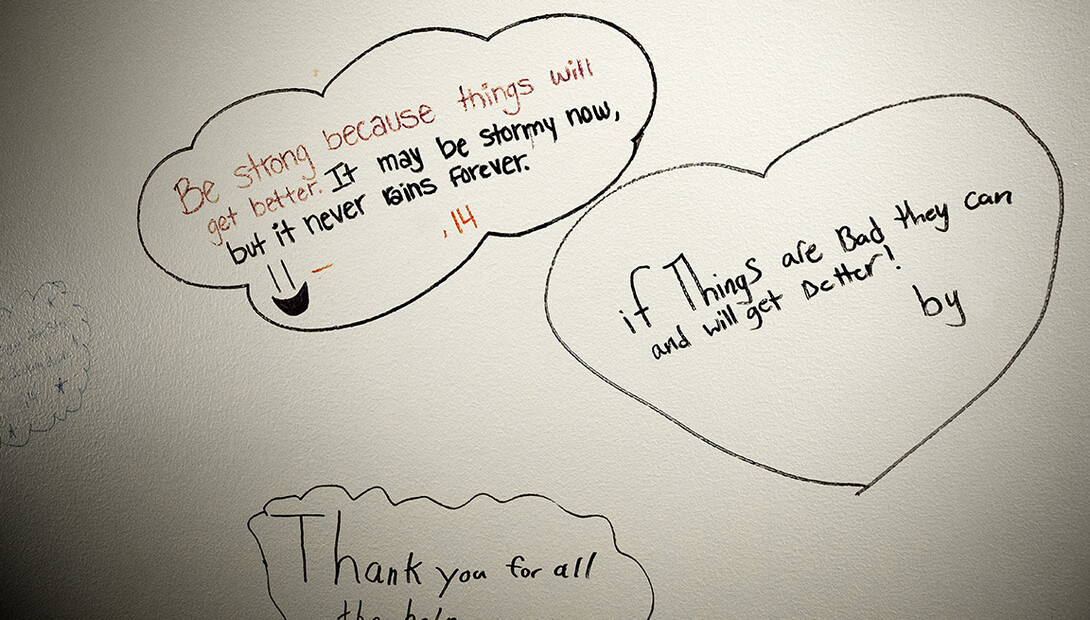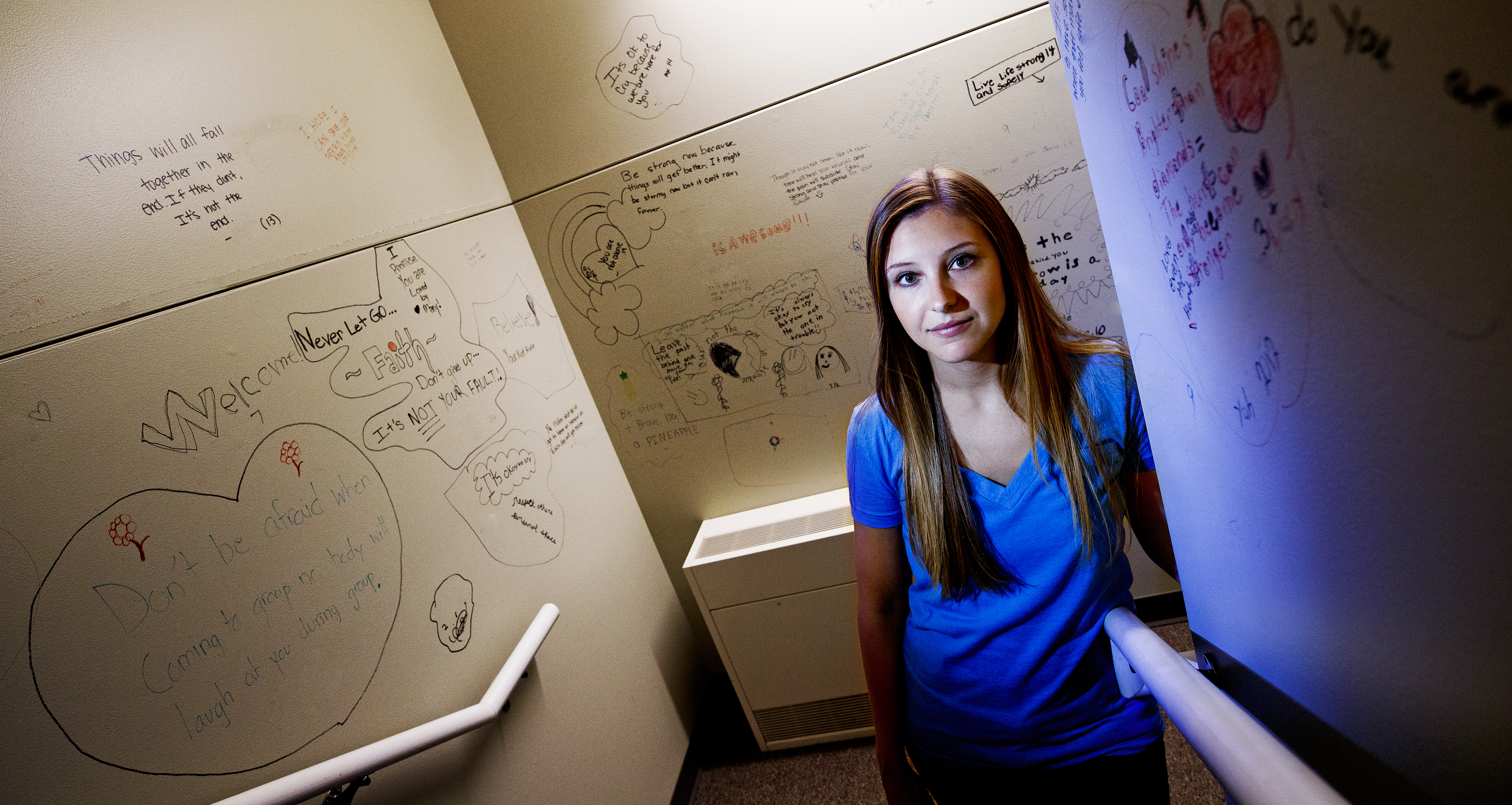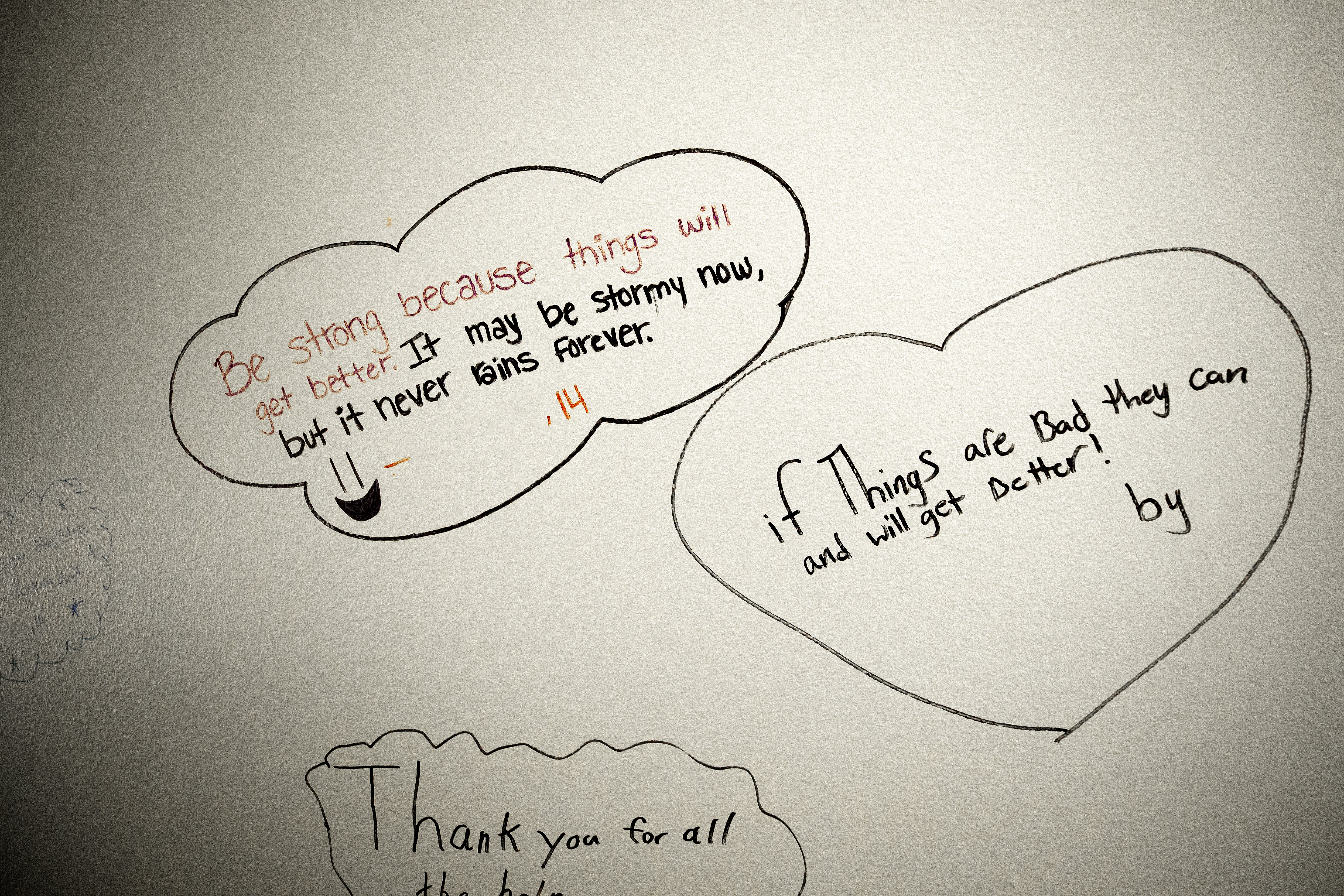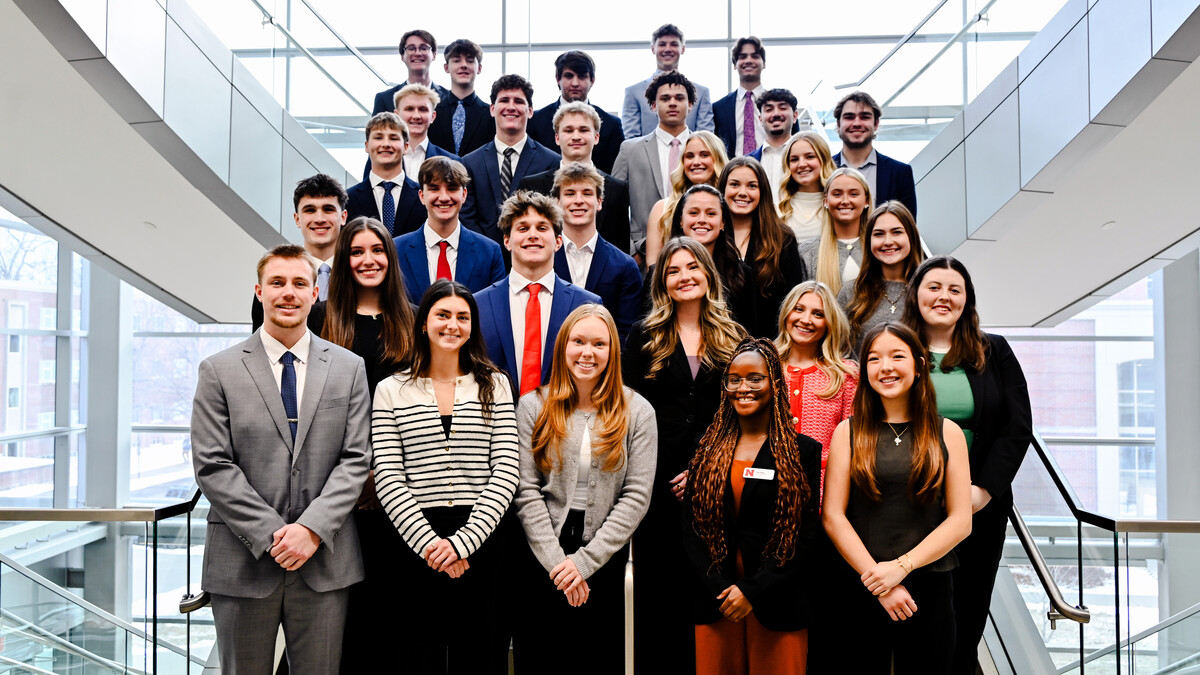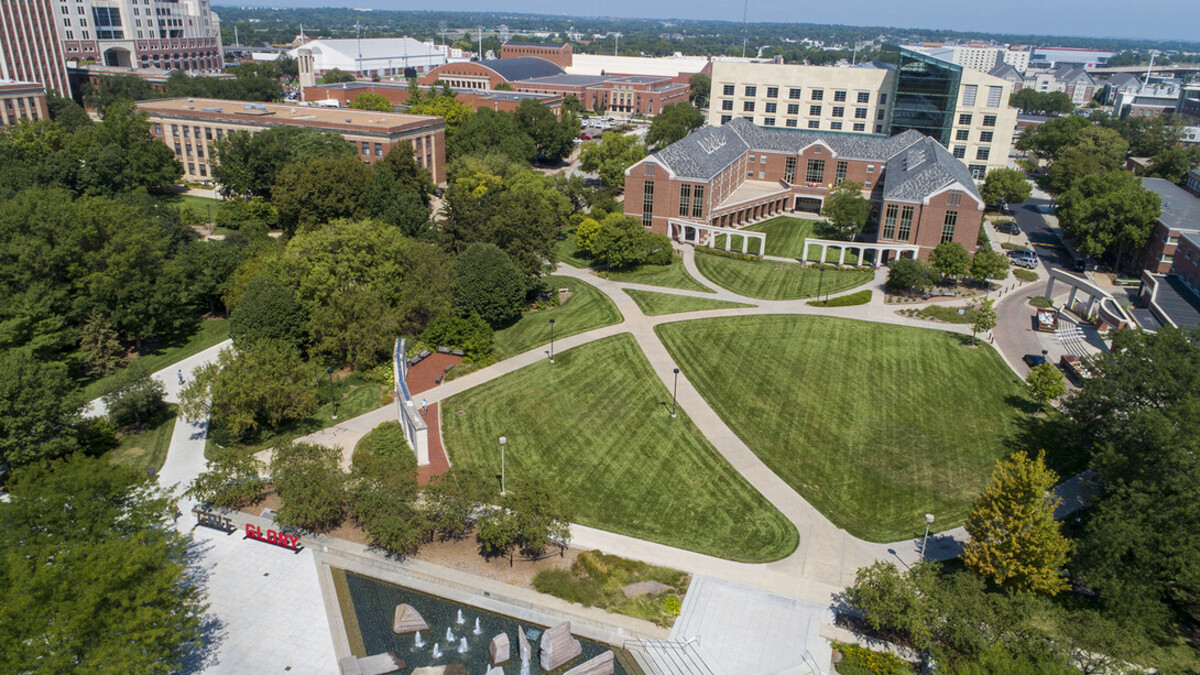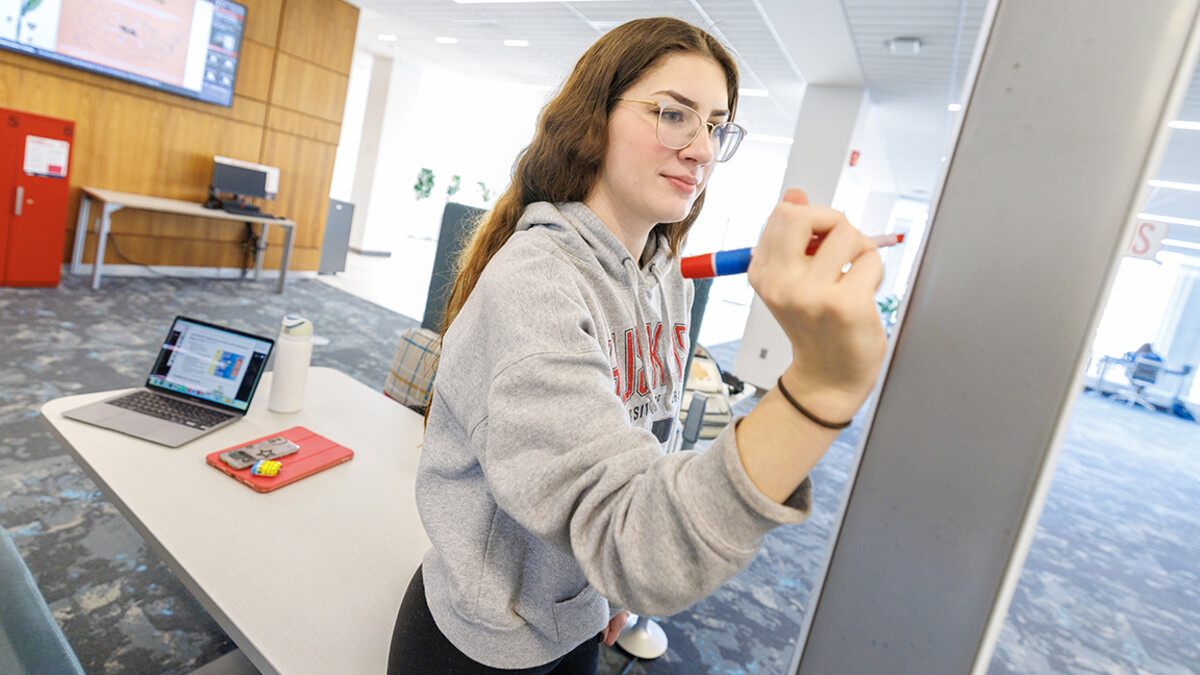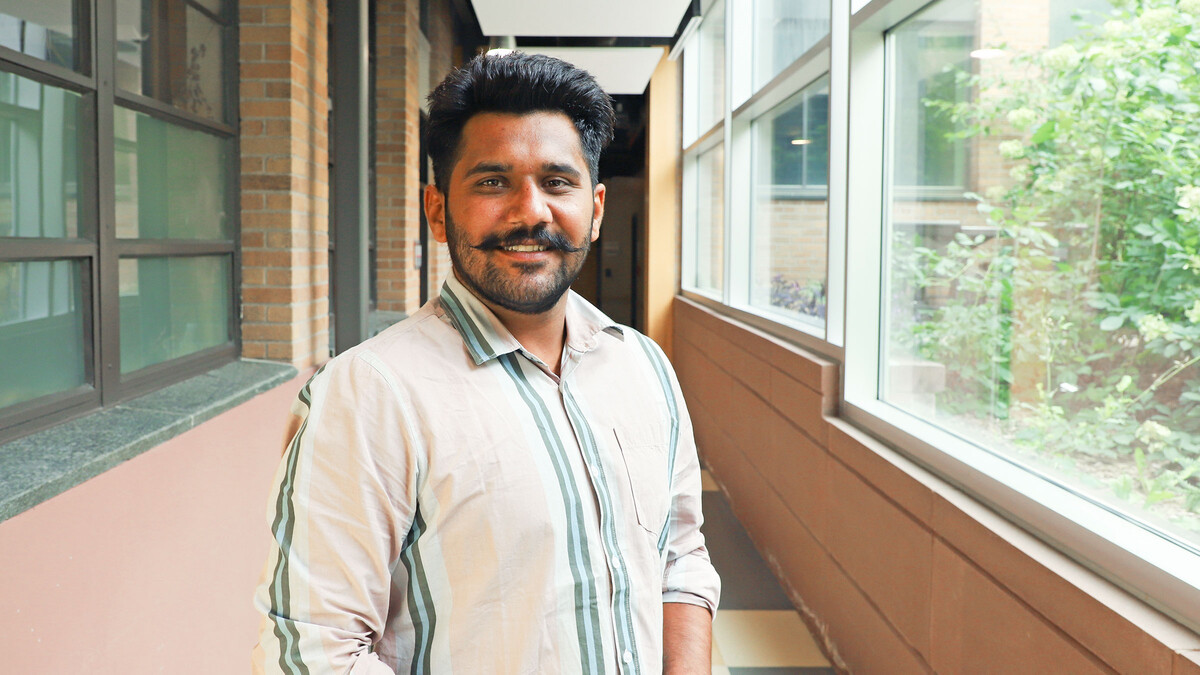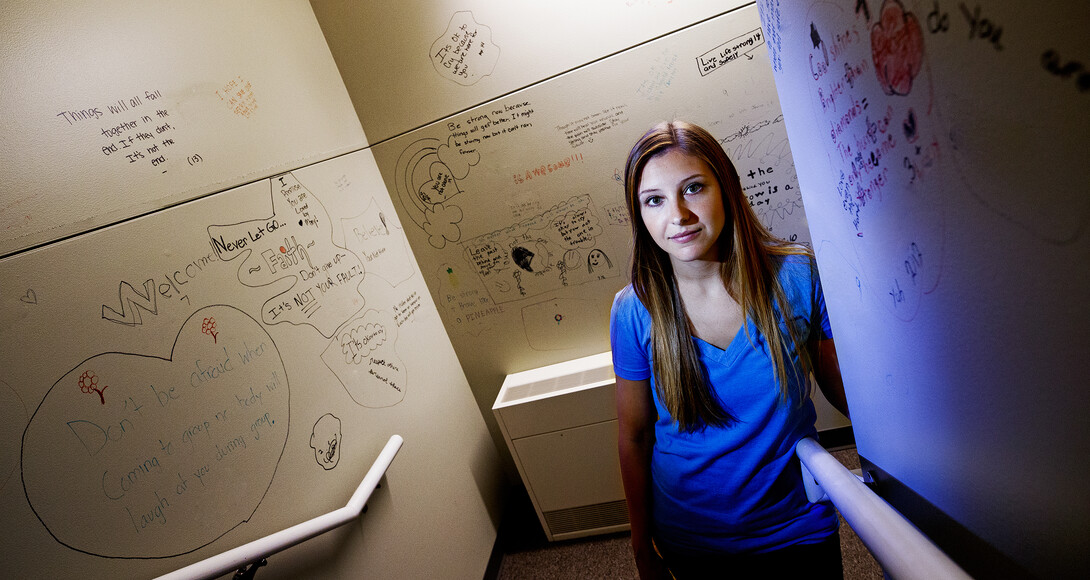
As Kate Theimer counseled dozens of sexual assault survivors and their families through Project SAFE at Lincoln’s Child Advocacy Center, a troubling trend was occurring among adolescent and teenaged clients.
“A lot of these kids were talking about feeling blamed — that the abuse was their fault — by their family members, their friends and others in their lives,” she said.
Theimer, a doctoral student in the University of Nebraska-Lincoln clinical psychology program, recently published a study in the Journal of Interpersonal Violence that found abused teens are more likely to be blamed if the abuse occurred more than once. Her research also highlighted the tendency for blame to land on a victim’s parent if the victim had previous behavior problems, such as school suspensions, as well as repeated abuse.
The findings are a first step toward better training for those around the victim who are responding to reports of abuse, Theimer said. Understanding the facets of blame among child sexual assault victims can provide a foundation for better training for police officers, social workers and other first responders to abuse.
More than 700 people were surveyed and were asked to assign responsibility to a hypothetical teenaged victim. The hypothetical situations included details of abuse, whether it was one occurrence or many, as well as mentions of a victim’s behavioral problems — two factors in victim-blaming that Theimer often encountered among her teenaged clients at Project SAFE.
The findings are important, Theimer said, because victims who feel blamed for being abused may be more likely to experience further depression, anxiety and post-traumatic stress disorder.
“It’s really hard to move forward if you feel like other people see you as a responsible party in something that wasn’t your fault,” she said.
Blaming parents isn’t helpful, either, Theimer said. Parents often experience similar mental health problems, which can impede their ability to help their child.
While disheartening, Theimer said it wasn’t unexpected that victims are blamed for abuse that continues to occur. Often, she said, people assume the victim could have stopped it or should have come forward sooner.
“People frequently have a difficult time understanding why victims don’t come forward immediately. But victims are often afraid they’ll get in trouble, they’ll be blamed, that no one will believe them. They often feel very ashamed and guilty,” she said. “I would like to empower those professionals to be a positive part of the trauma recovery.”
